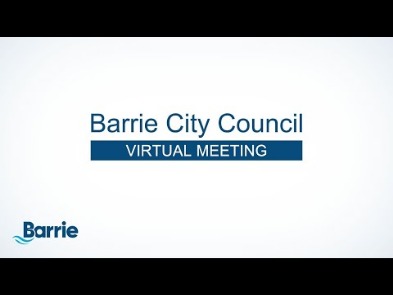
Taxation of an interstate enterprise doesn’t offend due process, the Court held, if that enterprise “purposefully avails itself of the advantages of an financial market in the State . Jurisdiction to TaxGenerally.—The operation of the Due Process Clause as a jurisdictional limitation on the taxing energy of the states has been a difficulty in a wide range of different contexts, but most involve considered one of two fundamental questions. First, is there a sufficient relationship between the state exercising taxing energy and the item of the exercise of that power? Second, is the degree of contact enough to justify the state’s imposition of a specific obligation?
Check out our classroom sources organized by every article or amendment, and by key constitutional questions. So adhering to the Ninth Amendment requires only that judges scrutinize regulations of liberty to make sure that they’re certainly “affordable” and not “arbitrary” technique of defending the rights of others—for instance, their well being and safety—and weren’t as a substitute passed for different improper motives, such as conveying benefits to special interests at the expense of most people. By adopting a rebuttable “presumption of liberty,” as I actually have proposed, judges can be sure that the pure “rights . retained by the people” aren’t “denied or disparaged” by their servants—public officials tasked with securing the rights of the people who comprise the sovereign “People,” every one. But does protecting the retained rights from disparagement and denial require judges to determine all of the pure rights retained by the folks and then protect them? The pure rights one has earlier than entering into society can be most concisely described as “liberty rights,” and all liberty could be reasonably regulated to keep away from violating the rights of others.
Media Library: The 14th Modification
Second, judges could exercise neither government nor legislative powers — such as the ability to tax or to applicable funds — to implement both enumerated or unenumerated rights. In contrast, proceduralconstitutional rights are both adverse and constructive, however they restrict the manner by which government, not non-public citizens, could train its correct powers128. This does not imply, nevertheless, that all legislative alterations of common legislation rights are constitutionally prohibited.
- These rights specify areas within which government ought to not act.
- Wilson’s lectures, given between 1790 and 1792, also undermine the claim that by the point of the Constitution, Americans had misplaced their Lockean and revolutionary ardor for natural rights in favor of a more conservative Blackstonian positivism that favored legislative supremacy.
- There are, after all, ensures in certain particular constitutional provisions that are designed partly to protect privateness at sure occasions and locations with respect to certain actions.
- The Congress shall have the ability to implement, by applicable laws, the provisions of this article.
- People who make legal claims are answerable for the content material.
A determination rendered in 1926 which is seemingly in conflict was Wachovia Bank & Trust Co. v. Doughton, 272 U.S. 567 , during which North Carolina was prevented from taxing the train of a power of appointment through a will executed therein by a resident, when the property was a belief fund in Massachusetts created by the will of a resident of the latter State. One of the reasons assigned for this outcome was that by the legislation of Massachusetts the property involved was handled as passing from the original donor to the appointee. However, this holding was overruled in Graves v. Schmidlapp, 315 U.S. 657 . fifty one Hudson Water Co. v. McCarter, 209 U.S. 349 ; Eubank v. Richmond, 226 U.S. 137, 142 ; Erie R.R. v. Williams, 233 U.S. 685, 699 ; Sligh v. Kirkwood, 237 U.S. 52, fifty eight–fifty nine ; Hadacheck v. Sebastian, 239 U.S. 394 ; Hall v. Geiger-Jones Co., 242 U.S. 539 ; Panhandle Co. v. Highway Comm’n, 294 U.S. 613 . v. City of Goldsboro, 232 U.S. 548 .
Notable First Amendment Court Instances
437 First Bank Corp. v. Minnesota, 301 U.S. 234, 241 . The shares symbolize an aliquot portion of the whole corporate belongings, and the property right so represented arises where the company has its home, and is subsequently within the taxing jurisdiction of the State, however that possession of the inventory may also be a taxable topic in another State. 433 These deposits have been allowed to be subjected to a private property tax in the city of his residence, no matter whether or not or not they’re subject to tax in the state where the business is carried onFidelity & Columbia Trust Co. v. Louisville, 245 U.S. 54 .
